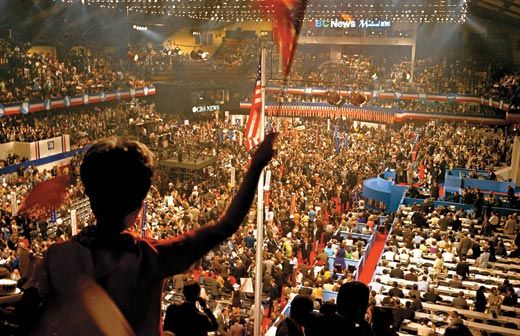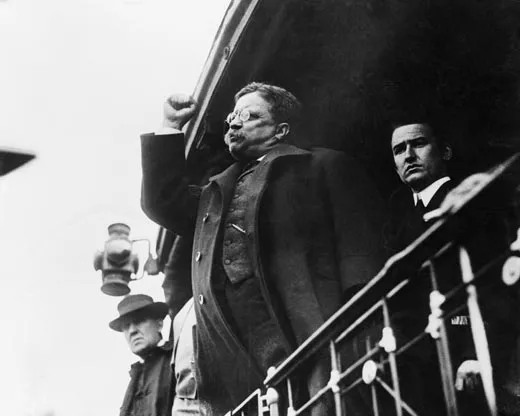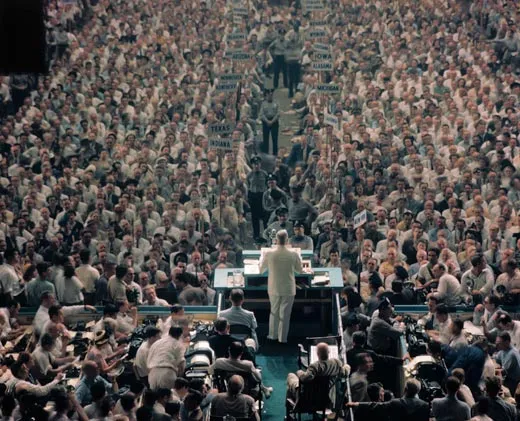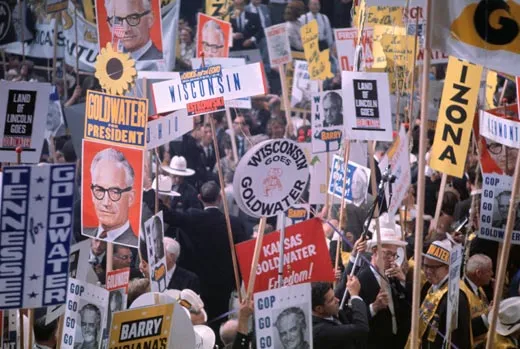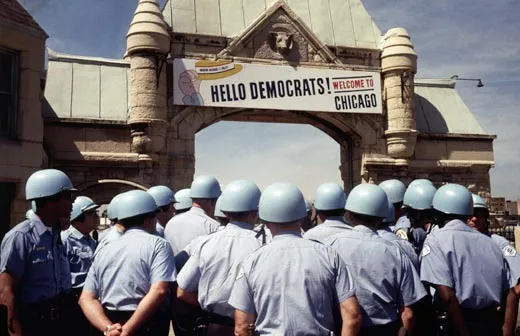Parties to History
Four Political Conventions That Changed America
/https://tf-cmsv2-smithsonianmag-media.s3.amazonaws.com/filer/convention_aug08_631.jpg)
Nowadays, the Republican and Democratic conventions to nominate a presidential candidate are little more than coronation ceremonies—carefully choreographed political theater in which the outcome is preordained. Every detail is accounted for, from the text of the speeches to the number of balloons dropped on the red-white-and-blue-clad delegates. The overall goal is to project an image of party unity, a ritual coming together following an often divisive primary campaign.
But there was a time when the Republican and Democratic conventions were bare-knuckled political brawls. It was democracy at its messiest, as delegates bartered their allegiances, secretly courted candidates, challenged the authority of their party's leadership and even stormed out and held their own protest conventions. At issue was not just the nominee for president but the ideological platforms their chosen candidates would champion. The national conventions emerged as venues for confronting the most pressing issues of the day: the civil rights movement, the size and role of the federal government, reining in the power of the federal courts, how best to confront enemies abroad and when to bring U.S. troops home.
The national conventions thus became crucibles not only for shaping the political parties as we know them today, but for reshaping America itself. With this in mind, we asked four leading authorities to survey the most consequential Republican and Democratic conventions of the 20th century.
1912 Republican Convention
Return of the Rough Rider
1948 Democratic Convention
The South Secedes Again
1964 Republican Convention
Revolution from the Right
1968 Democratic Convention
The Bosses Strike Back
